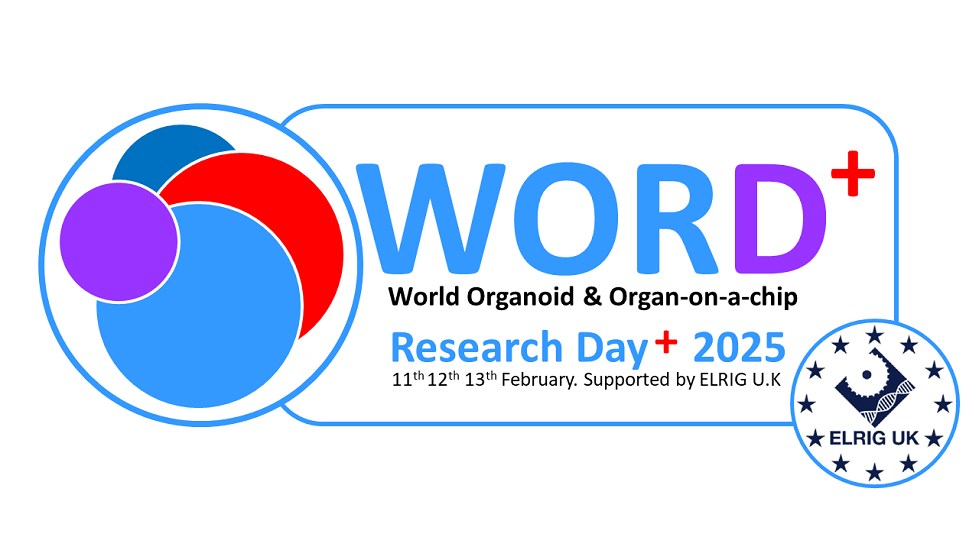Authors
D Keppens1; E Sanders1; A Eggermont1; JW Bek1; L Depestel1; A Van Hemelryk1; B De Wilde1; K Durinck1;
1 Ghent University, Belgium
Overview
Rhabdomyosarcoma (RMS) is the most common type of soft tissue sarcoma in children with an overall survival rate for relapsed RMS cases being only 20%. Patients can be classified into 2 groups: fusion-negative (FN, 70%) or fusion-positive (FP, 20%), the latter presenting with poor prognosis. These FP-RMS tumors have a high metastatic potential and are often refractory to chemotherapy. The low incidence and heterogeneity of the disease make large-scale clinical trials unfeasible.
Introduction
Tyrosine Kinase inhibitors (TKI) represents the largest class of targeted therapies in the field of oncology, with multiple inhibitors already approved for treatment of adult sarcomas. In this project, we aim to prioritize patient specific TKI treatment and scrutinize potential synergistic drug interactions, using ex vivo and in vivo patient-derived avatar models.
Methods
After establishment of in vitro drug response profiles for TKIs in sarcoma cell line, we will look at possible drug synergisms via drug library screens. Biomarkers predicting responses will be explored. Patient avatars will be generated by spheroid culturing of patient tumor biopsies. These spheroids will then be established as short-lived zebrafish xenografts for direct evaluation of combination therapies and as long-term murine xenografts for more extended testing and downstream analysis.
Results
A TKI drug screen was performed on 5 commercially available cell lines. Linsitinib (IGF pathway), Afatinib (EGFR pathway), Axitinib (VEGFR and PDGFR pathway) and CP673451 (PDGFR pathway) were the most potent in inhibiting growth out of the 9 TKIs tested. An optimized zebrafish xenograft avatar platform is being set up enabling direct drug and combination testing and one murine xenograft has been established from a FP-RMS tumor.
Conclusion
We established the response profile of 4 TKIs and are currently undertaking downstream biomarker discovery for guiding pathway-and patient-specific TKI selection. Workflows to generate ex vivo and in vivo patient avatars to facilitate patient-specific TKI selection are being established. Patient avatars will be generated at initial diagnosis and used for drug testing with compounds that are either in clinical trial or in compassionate use programs, in order to guide treatment selection at relapse

